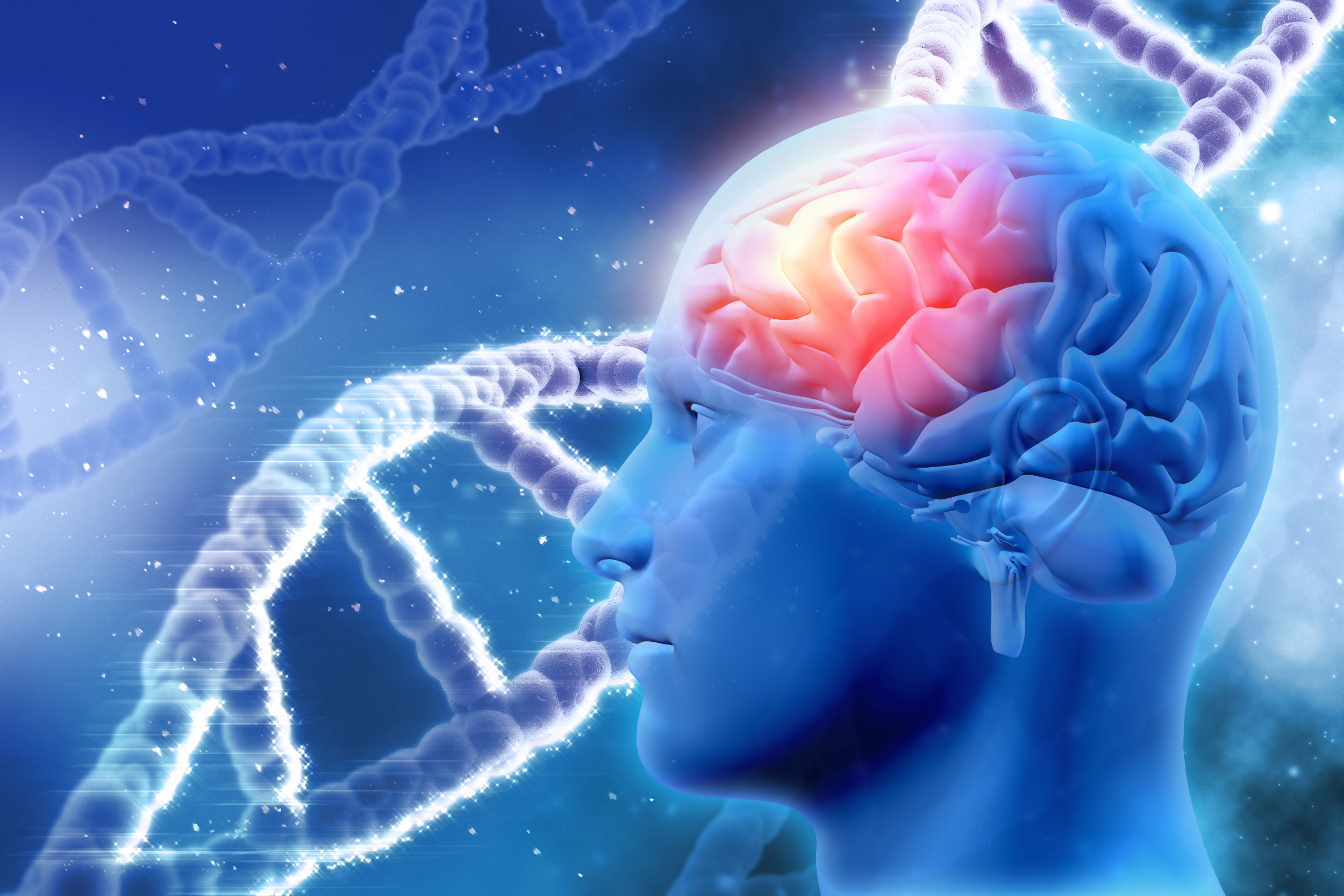Health
New Study Links Human Evolution to Rising Autism Rates

Scientists have revealed a compelling connection between human evolution and the rising rates of autism spectrum disorder (ASD). A study led by Alexander L. Starr posits that certain genetic changes contributing to the unique characteristics of the human brain may have also increased neurodiversity, including conditions like autism. In the United States, approximately one in 31 children, or about 3.2 percent, are diagnosed with ASD, according to the Centers for Disease Control and Prevention (CDC). Globally, the World Health Organization estimates that one in 100 children is affected by this complex developmental condition, which is characterized by challenges in social communication, restricted interests, and repetitive behaviors.
Understanding the Human Brain’s Evolutionary Changes
Recent advancements in single-cell RNA sequencing have enabled researchers to identify an exceptional variety of brain cell types. Large-scale genetic studies have further illuminated the significant changes that have occurred in the human brain compared to other mammals. Notably, these genomic alterations appear to have evolved rapidly in Homo sapiens, while remaining stable across other species throughout mammalian history.
By examining brain samples from various species, researchers noted that the most prevalent type of outer-layer neuron, known as L2/3 IT neurons, exhibited particularly rapid evolution in humans relative to other primates. This swift evolutionary transition coincided with notable modifications in genes associated with autism, likely influenced by natural selection pressures unique to humans.
Exploring the Implications of Genetic Changes
Despite the compelling evidence suggesting that evolutionary forces have acted on autism-related genes, the specific benefits of these changes for early human ancestors remain unclear. The research team emphasized that many of these genes are linked to developmental delays, which could explain the slower postnatal brain growth observed in humans compared to chimpanzees.
The distinct human capacity for speech and language—often affected by autism and schizophrenia—might also be interrelated with these evolutionary dynamics. One hypothesis is that the evolution of genes associated with autism may have slowed early brain development or enhanced language capabilities. This extended developmental period could have provided an evolutionary advantage by allowing for more intricate reasoning skills and learning opportunities during childhood.
As this research unfolds, it opens new avenues for understanding the complexities of autism and the human brain. The findings were published in Molecular Biology and Evolution on March 15, 2025, and contribute to an expanding body of work that seeks to decode the intricate relationship between evolution and neurodevelopmental conditions.
This study not only sheds light on the biological underpinnings of autism but also prompts further exploration into how our evolutionary history shapes the diversity of the human experience.
-

 Technology5 months ago
Technology5 months agoDiscover the Top 10 Calorie Counting Apps of 2025
-

 Health2 months ago
Health2 months agoBella Hadid Shares Health Update After Treatment for Lyme Disease
-

 Health3 months ago
Health3 months agoErin Bates Shares Recovery Update Following Sepsis Complications
-

 Technology4 months ago
Technology4 months agoDiscover How to Reverse Image Search Using ChatGPT Effortlessly
-

 Technology1 month ago
Technology1 month agoDiscover 2025’s Top GPUs for Exceptional 4K Gaming Performance
-

 Technology2 months ago
Technology2 months agoElectric Moto Influencer Surronster Arrested in Tijuana
-

 Technology5 months ago
Technology5 months agoMeta Initiates $60B AI Data Center Expansion, Starting in Ohio
-

 Technology5 months ago
Technology5 months agoRecovering a Suspended TikTok Account: A Step-by-Step Guide
-

 Health4 months ago
Health4 months agoTested: Rab Firewall Mountain Jacket Survives Harsh Conditions
-

 Lifestyle5 months ago
Lifestyle5 months agoBelton Family Reunites After Daughter Survives Hill Country Floods
-

 Technology4 months ago
Technology4 months agoHarmonic Launches AI Chatbot App to Transform Mathematical Reasoning
-

 Technology3 months ago
Technology3 months agoUncovering the Top Five Most Challenging Motorcycles to Ride





















